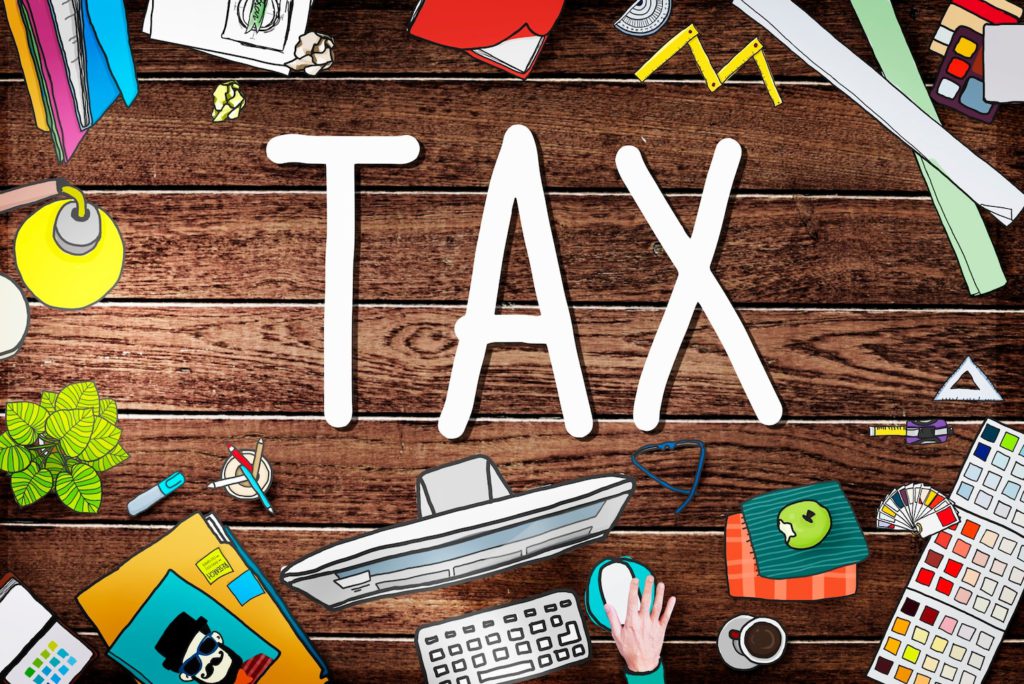Introduction: Understanding the Fine Line Between Tax Planning and Tax Avoi......
Tag Archives: CANADIAN ACCOUNTING & TAX BLOGS
Explore Canadian Accounting & Tax Blogs by Tax Partners Oshawa. Stay informed on tax tips, accounting insights, and CRA updates for individuals and businesses.
Introduction: Understanding Personal Services Businesses (PSBs) In Canada, ......
Introduction Executor compensation is a crucial component of estate plannin......
Introduction Canadians looking to invest in or conduct business in the Unit......
Introduction The deductibility of sales expenses is an essential considerat......
Introduction Life-insurance premiums can sometimes be deducted as business ......
Introduction The Clergy Residence Deduction (CRD) allows qualifying members......
Introduction – Income Tax & The Home Office The concept of working fr......
Introduction – Shareholder Loans & Subsection 15(2) of the Income Tax......
Introduction Spousal and child support payments often carry significant tax......










